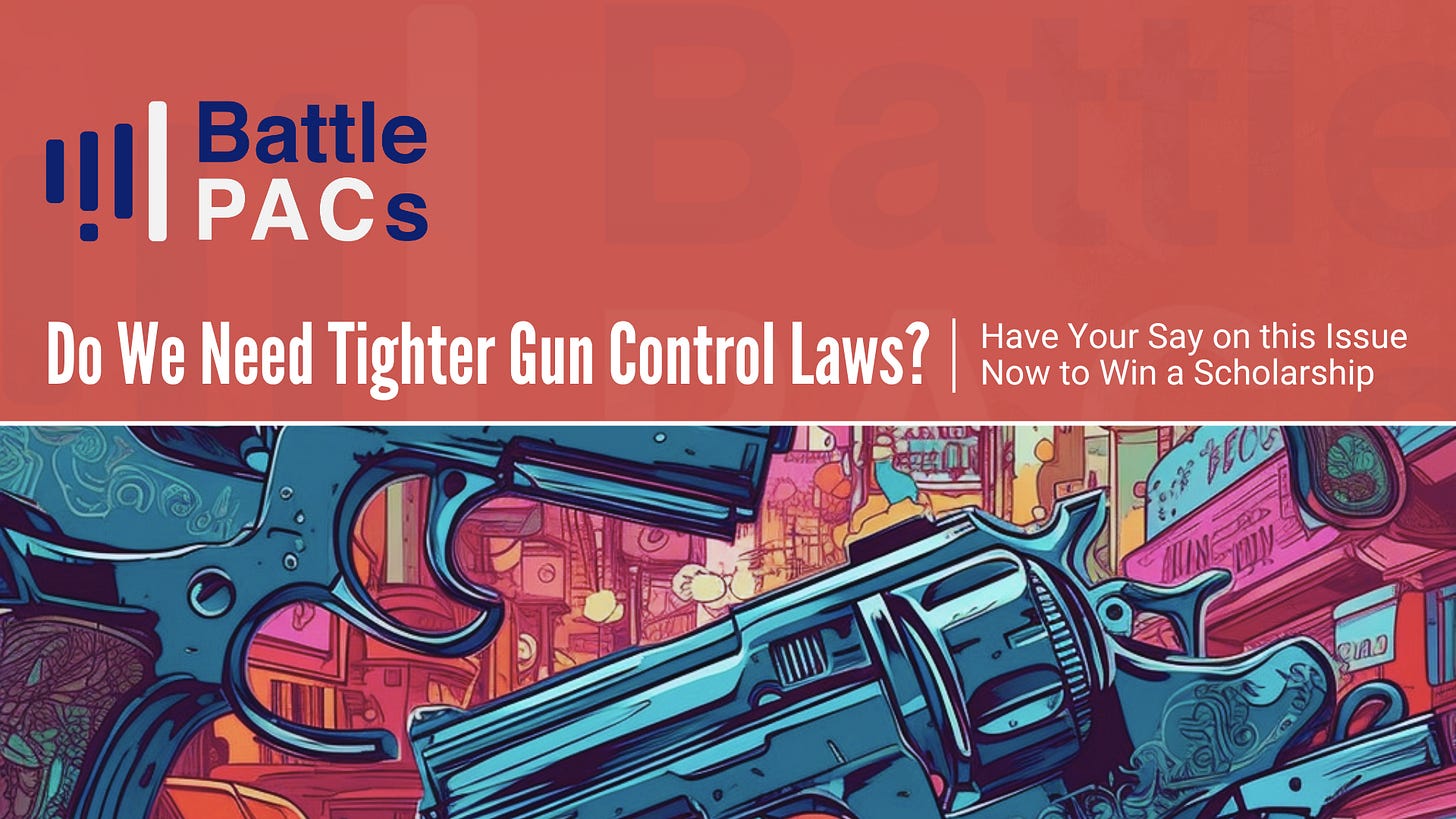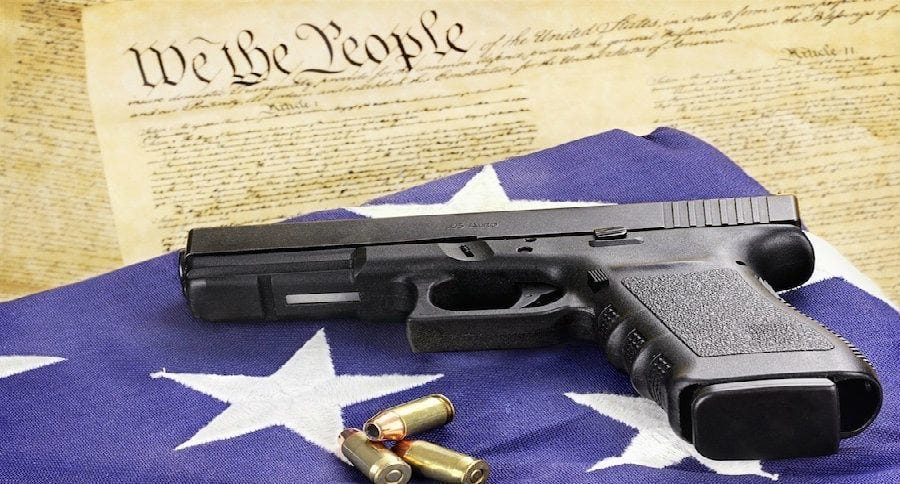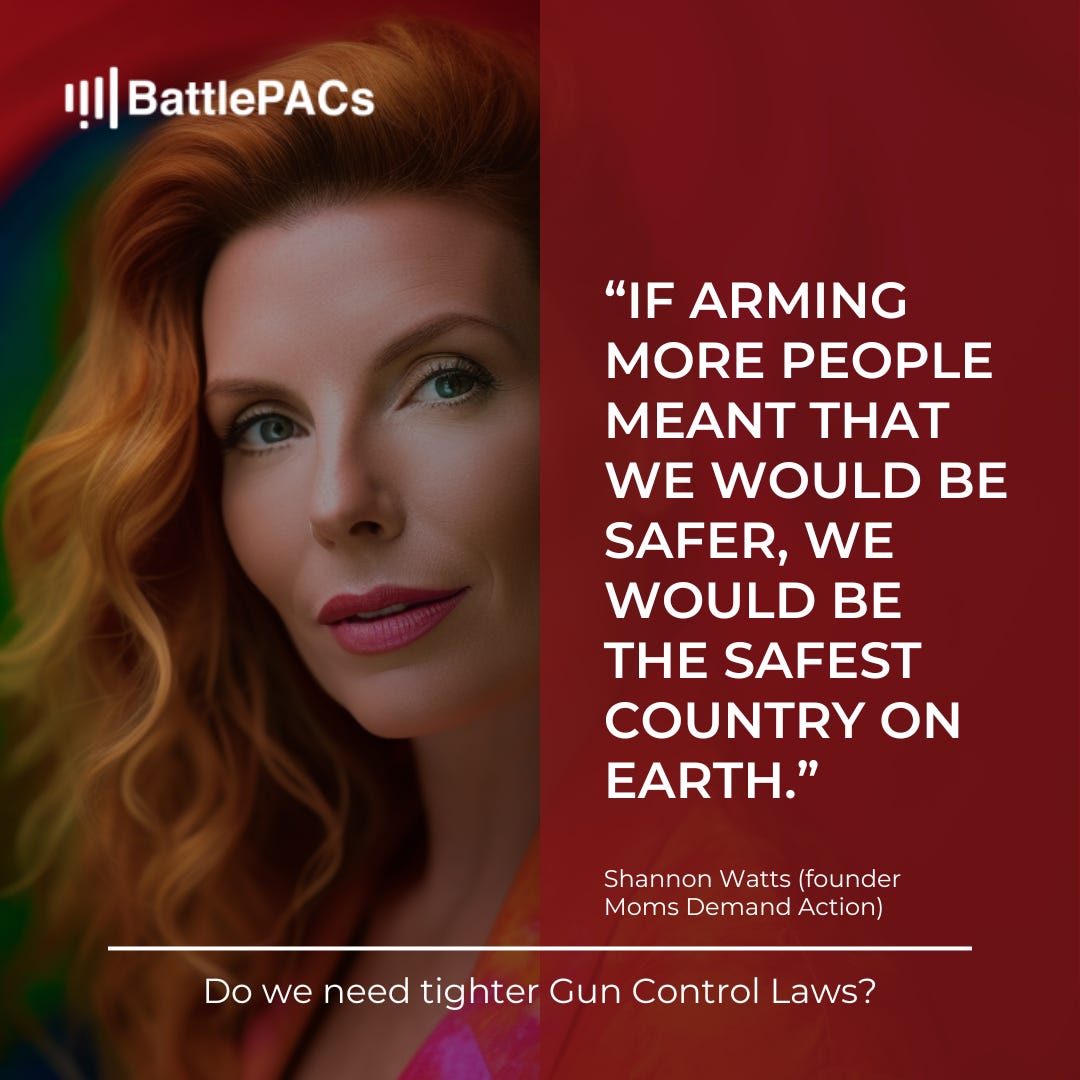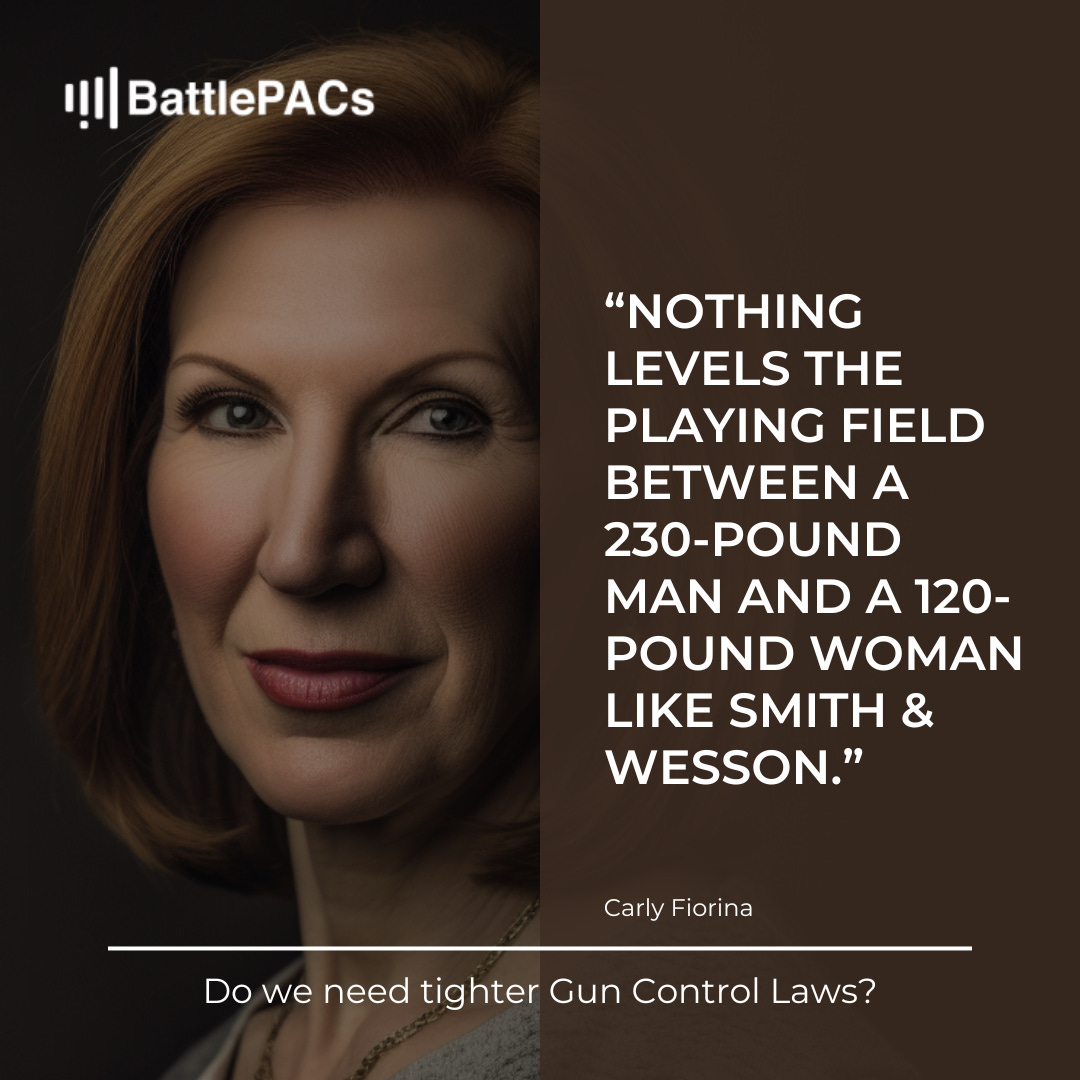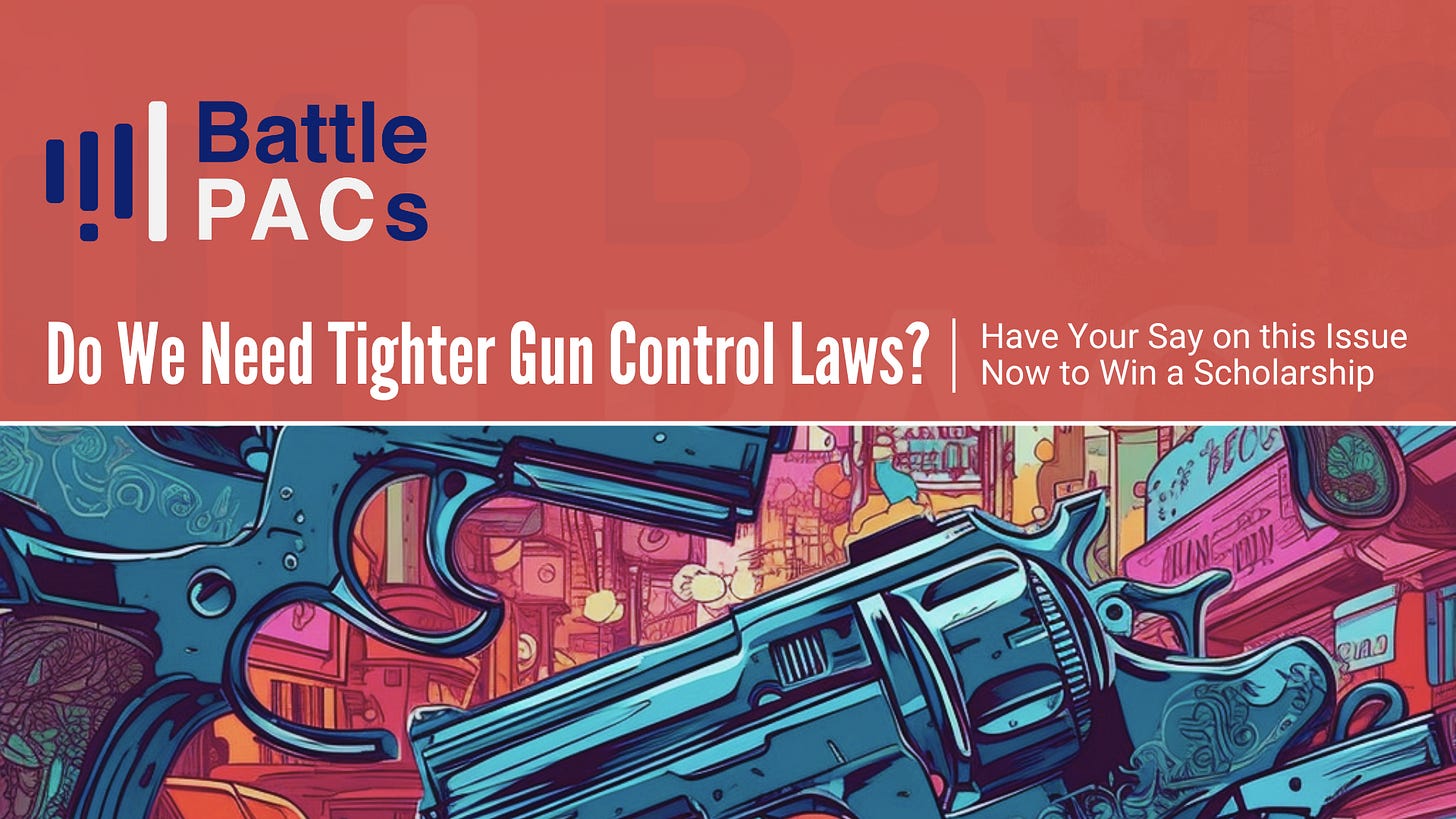[Article] Do We Need Tighter Gun Control Laws in the USA?
Learn more and have your say on the issue
Gun control has been an explosive (sorry) and contentious topic of debate for many decades in the USA, and looks set to again take center stage in the leadup to the 2024 election cycle. Advocates for stricter gun laws argue that they are necessary to prevent mass shootings and reduce gun violence, while opponents argue that they infringe on their Second Amendment rights and do little to stop criminals from obtaining guns. In this blog, we will explore the different perspectives on gun control in the United States and provide a neutral and unbiased analysis of the issue. Let’s take a closer look at the topic and the various perspectives and proposals that exist.
Background and Context
Gun control refers to the laws and policies that regulate the manufacture, sale, transfer, possession, modification, or use of firearms by civilians. The Second Amendment to the United States Constitution, ratified in 1791, states that "the right of the people to keep and bear Arms, shall not be infringed." This has been interpreted by some to mean that Americans have an individual right to own and carry guns. However, others contend that this was never intended to be an absolute right, and was relevant in the context of 1791 which included the rights of local militias to maintain military power for the protection of the newly independent nation. In modern times, this right has been limited by a variety of federal, state, and local laws regulating firearms.
The year 2022 was the second-highest year of mass shootings in the United States on record. This tragic stat has not abated, already as of May 2023, the country has experienced more than 200 mass shootings (over one per day). This epidemic, and other acts of gun violence, have sparked renewed debate about the need for stricter gun control laws.
In June 2022 President Biden signed into law the first major gun safety legislation passed in decades - the Bipartisan Safer Communities Act. The measure failed to ban any weapons, but it represents the most significant federal legislation to address gun violence since the expired 10-year assault weapons ban of 1994. It includes funding for school safety and state crisis intervention programs. Many states have also passed new laws to help curb gun violence, such as regulating untraceable ghost guns and strengthening background check systems. Some Americans want even more comprehensive changes.
Different Perspectives on Gun Control
The share of Americans who say gun laws should be stricter decreased from 60% in September 2019 to 53% in April 2021, according to a survey by Pew Research Center. However, following the spate in 2022 and 2023 mass shootings, 2023 polling from the Economist and YouGov found that support for stricter gun laws had slightly increased (58% now support). Its clear that there is a divided opinion on the issue.
Advocates for gun control generally argue that such laws are necessary to prevent mass shootings, reduce gun violence, and save lives. Opponents argue that they infringe on the Second Amendment rights of law-abiding citizens, that they take away the protection guns offer against violent crime, and that they do little to stop criminals from obtaining and using guns.
The perspectives below are summaries, and do not necessarily capture the range of views, and a majority may well be somewhere in the middle.
Pro Gun Control Perspective
Many Americans argue that stricter gun control laws are necessary to reduce gun violence. They point to the high number of mass shootings and gun-related deaths in the country, and argue that more needs to be done to keep guns out of the hands of dangerous individuals.
The main points this group makes often include:
Stricter gun control measures are necessary to prevent mass shootings and gun crime;
Stricter laws and regulations can help reduce gun violence including mass shootings;
That the Second Amendment was intended to deal with the rights of militias to bear arms;
That gun ownership should be regulated to ensure public safety; and
That certain types of guns (eg automatic and high calibre) have no legitimate civilian use
Some of the policy proposals made by proponents include:
Universal background checks: This would require background checks on all gun purchases, including those made at gun shows and online.
Assault weapons ban: This would prohibit the sale and possession of certain types of military-style rifles, such as the AR-15.
Red flag laws: These would allow law enforcement to temporarily remove firearms from individuals who pose a danger to themselves or others.
Anti-Gun Control Perspective
Many Opponents of stricter controls argue that gun control laws are unnecessary and infringe on the Second Amendment rights of law-abiding citizens.
The main points they make often include:
That gun control violates the Second Amendment and restricts law-abiding citizens from owning firearms;
That the right to bear arms places an important check on the abuse of power by the Government;
That most gun-related deaths in the United States are the result of suicides or gang violence;
That gun control will likely not do anything to prevent mass shootings.
That gun ownership deters crime; and
That criminals will still find ways to obtain guns even if they are banned
Some of the proposals made by anti-gun control advocates include:
Concealed carry laws: These would allow law-abiding citizens to carry firearms for self-defense.
Armed security in schools: This would involve placing trained security personnel or armed teachers in schools to deter or respond to school shootings.
Mental health reform: This would involve improving access to mental health services for individuals who may be at risk of committing acts of gun violence.
Finding Common Cause
While the debate over gun control in the United States is often polarized, there are some areas where conservatives, independents, and progressives can find commonality. For example, both sides generally agree that individuals with a history of domestic violence or those who have been convicted of violent crimes should not be allowed to own firearms. Additionally, both sides generally support measures to improve mental health services and prevent suicides. The 2023 YouGov poll shows that support remains high for many gun control proposals, especially universal criminal and mental background checks (76% favor this strongly or somewhat) and the removal of guns from people who may be a danger to themselves or to others (67%).
Conclusion
In conclusion, the debate over gun control in the United States is complex and multifaceted. Supporters generally argue that stricter gun control laws are necessary to prevent mass shootings and reduce gun violence, while Opponents argue that such laws infringe on their Second Amendment rights and do little to stop criminals from obtaining guns. Finding common ground on this issue will be challenging, but it is important for Americans to work together to reduce gun violence and ensure public safety.
Comments From Our Community
"I believe that there should be no use of guns in the world as nobody's life is worth less than the second amendment, we can only fight for our freedom if we are alive!" - Gracie_Donell (BattlePACs member)
What do you think?
Do We Need Tighter Gun Control Laws?
The Voices of America Scholarship is now inviting submissions on the following new prompt…
Round 9 - Gun Control:
Do We Need Tighter Gun Control Laws?
(Remember to quote the question at the start so people know the context by saying, "this is my BattlePACs submission for the prompt of …")
Social Platforms Accepted: Instagram or TikTok
Hashtags: #BattlePACs #BattlePACsScholarship
Tag: IG - @battlepacsofficial or TikTok - @battlepacs
Follow: BattlePACs socials below





